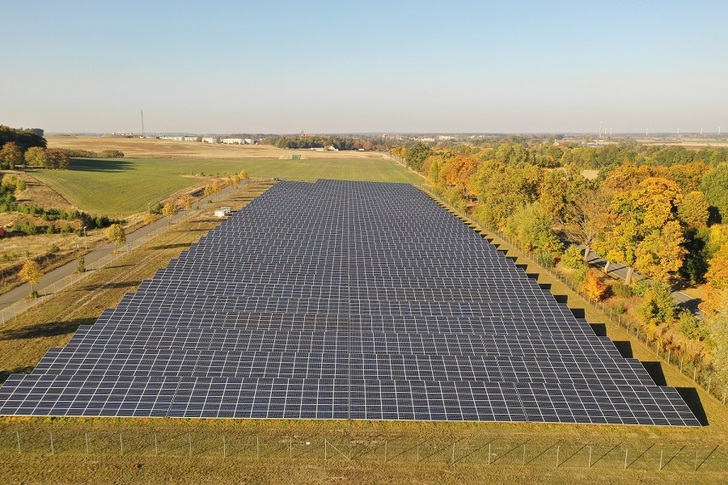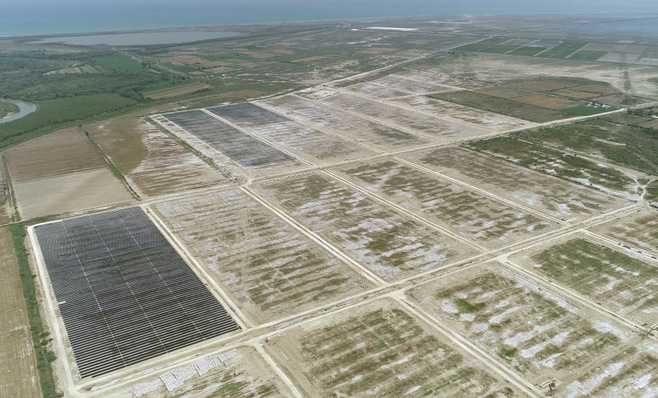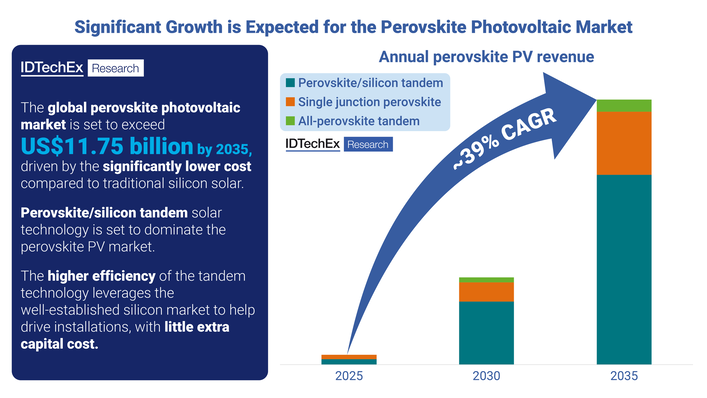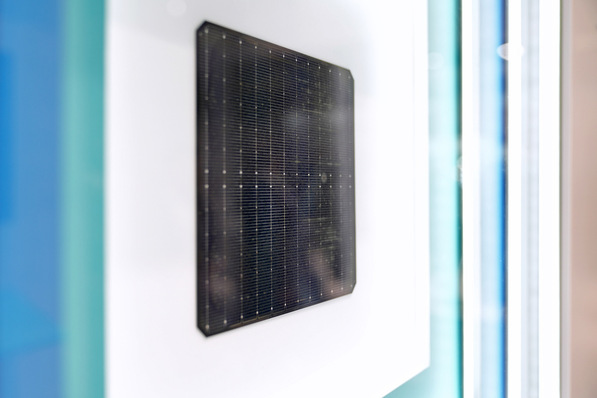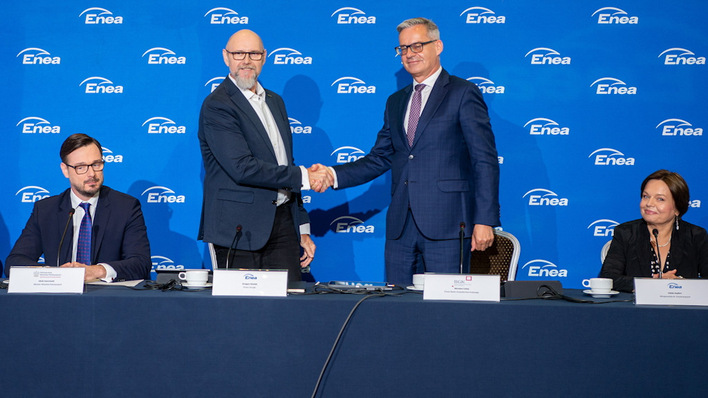"The sliding market premium of the EEG is having an effect. The market integration of renewable energies works". This was underlined by Peter Röttgen, Managing Director of the German Renewable Energy Association (BEE) in Berlin yesterday. After offshore wind turbines had already received a sliding market premium of zero cents in tenders, in August a solar park that took part in an auction received no money from the EEG account in addition to the electricity spot market price for the first time. A 1.4 MW solar park in Wittstock (Brandenburg) was awarded a contract worth 5.42 cents/kWh in last year's tender. The market value for solar power, i.e. the trading price, was 5.595 cent/kWh in August.
The sliding market premium of the EEG is not fixed, but is only paid if the bid value determined by competition is above the spot market price in a tender. "We expect that in the future more and more photovoltaics and wind turbines that take part in tenders will manage without the sliding market premium," said Röttgen. The BEE sees the driving factors for the increasing competitiveness of the sun and wind in their further falling costs, rising CO2 certificate prices, recovering stock exchange electricity prices and rising prices for oil, coal and gas. "This trend will be reinforced in the future by the phasing out of nuclear power and coal," said Röttgen.
Further falling production costs - more flexibility in the system than expected
"We expect further reductions in Fsubsidy costs due to rising market values for renewable energies," emphasized Marco Nicolosi of Connect Energy Economics. The two systems of conventional and renewable energies have increasingly grown together in recent years. In addition, previous experience has shown that "we have significantly more flexibility in the system than we thought", said Nicolosi. The market ramp-up of e-mobility would probably lead to substantial additional quantities being added by using car batteries for flexibility services. Lotte Lehmbruck of Next Kraftwerke referred to the increased importance of intraday trading and the reduced demand for balancing energy in the direct marketer's renewables portfolio.
The Renewable Energy Act continues to play an important role in the politically desired expansion of renewable energies and the associated refinancing of renewable energy plants. The law is designed in such a way that the market premium is automatically reduced to the extent that the market value of renewable energies rises and costs fall, said Röttgen. In this respect, it is a necessary mechanism for advancing innovations. "The floating market premium is increasingly assuming the role of risk protection," Röttgen stressed. This helps to minimise risks, which would make the expansion of renewable energies much more cost-effective.
Solar Industry supports further cost reduction
"The industry supports the tenders and further cost reductions, although these are sometimes painful," said Röttgen. But now it is up to politicians to initiate the additional tenders agreed in the coalition agreement of the present German government and no longer hamper the growth of solar and wind. A tax and duty reform in the energy sector ist also necessary in order to be able to use even more flexibility. (HCN)
Stay informed, get our free newsletter twice a week. Register here
More useful information:
https://www.pveurope.eu/financing/costs-solar-further-rapidly-falling-cheaper-coal


